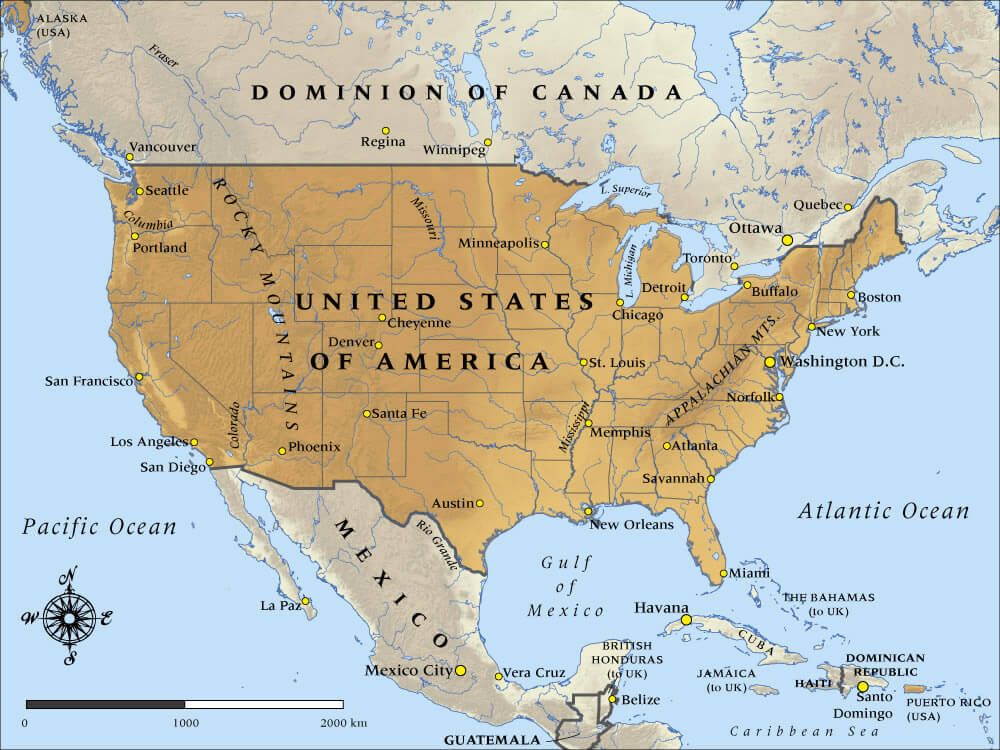The Mexican Council on International Affairs (Comexi) stressed that the United States needs prosperous partners, not distant neighbors.
Comexi’s Board of Directors made this statement in the context of US President Donald Trump’s executive order to impose a 25% tariff on imports originating in Mexico as of this Tuesday, although he later paused this decision for a month.
On February 1, 2025, Trump signed three executive orders establishing tariff increases on goods from Mexico, Canada and China:
- Mexico: 25% to all Mexican exports.
- Canada: 25% on Canadian exports except for energy goods for which the tariff will be 10%.
- China: 10% on all Chinese exports.
Prosperous partners
From Comexi’s perspective, if the United States aspires to maintain a leadership role in world affairs, it needs stable and prosperous partners, not distant neighbors.
“We therefore urge President Trump’s administration to reconsider this decision,” the Comexi Board of Directors said in a position statement.
From their perspective, the three countries should be open to dialogue, take advantage of the dispute resolution mechanisms of existing trade agreements and strengthen the ties of respect and friendship that have united them for years.
Comexi believes that a strong North American partnership is key to ensuring long-term economic prosperity and security. By working together, he added, each nation’s interests, including those of the United States, are effectively protected.
Shared prosperity
According to Comexi, when President Trump talks about putting “America first,” it is critical to remember that U.S. prosperity is bolstered, not threatened, by the success of its closest neighbors.
“If Mexico and Canada are weakened, American industry, investment and consumer welfare will also be directly affected,” he said.
For decades, these three nations have built the world’s most advanced regional partnership. The U.S.-Mexico-Canada Agreement (USMCA)-negotiated under President Trump’s first administration-strengthened that partnership by establishing modern labor standards, environmental protections and dispute resolution mechanisms.
These commitments have already spurred historic labor reforms in Mexico and provide protection for U.S. producers by ensuring equal access to markets.

